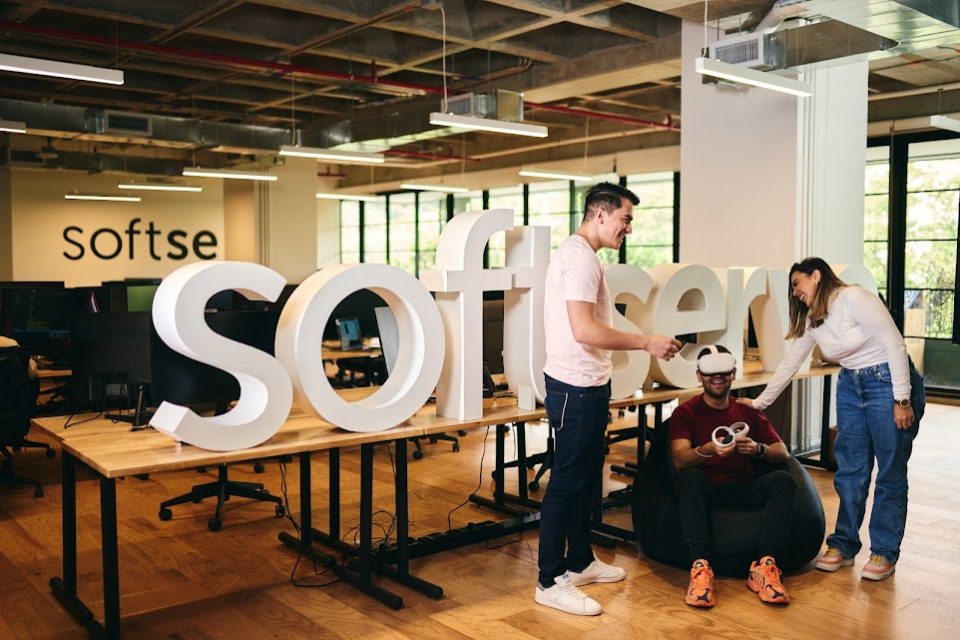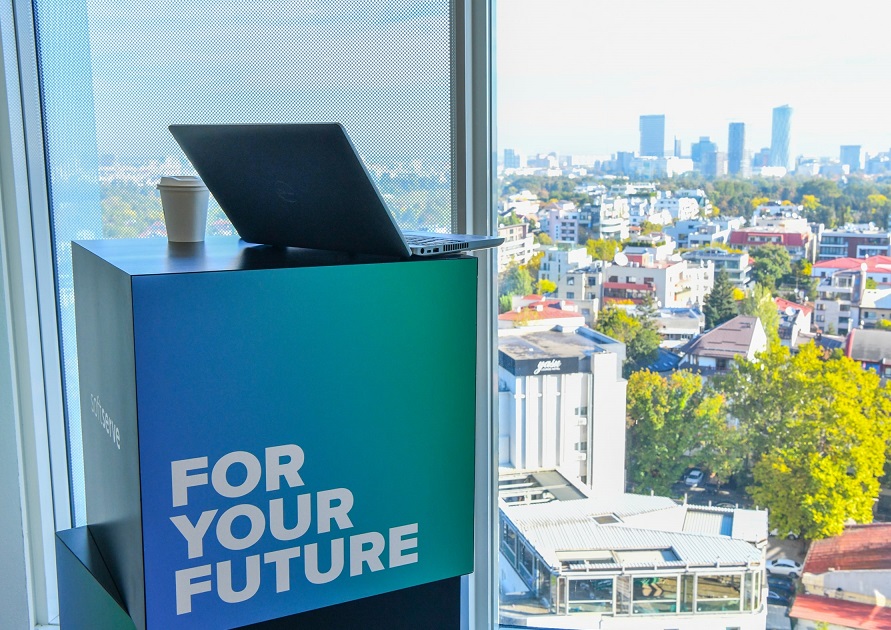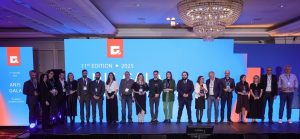SoftServe Analysis: 5 GenAI trends in 2024 and their impact in election year

2023 was the year of generative artificial intelligence (GenAI), and experts believe that this is just the beginning of big changes. With the rapid development of technology, we are witnessing the unlocking of new opportunities for the world, but also the emergence of new challenges.
SoftServe, one of the leading global IT consulting companies, has conducted an analysis of the evolution of GenAI, identifying key trends and areas where we could see significant impact this year.
Video content powered by generative artificial intelligence
Short videos are the most popular content format among Gen Z on social media. More and more AI applications are fighting for the status of the video content creator of choice, and the technology goes beyond the visual side and can include synthetic voices, facial expressions, different tones or intonations, which allow the creation of an entire clip with the help of GenAI. All these developments in the field of visual content creation will also have an impact on marketing, efficiency and speed in this field. Even though technology is advancing rapidly in the field of video, experts point out that there are still many aspects to be developed and improved in order to move to making very high quality films through GenAI this year.

However, we can expect more and more extensions to appear in AI-based photo and video processing programs, such as those that can add or remove objects or those that can increase video resolution. This will speed up the process of creating videos and adapting them to different platforms. The company also notes that personalized and highly realistic avatars will begin to become part of the brands and customer experience, and the creation of 3D models for Metavers will be one of the main areas of development.
Elections and the media
2024 will be the year of elections in 40 countries, including our country, the USA, Great Britain, India or Mexico – Bloomberg Economics estimates that 41% of the world’s population will vote. This will be the first year that political teams will start using generative AI tools in their campaigns to create personalized messages and content. Also, the media field will adapt to new technologies – for example, a media start-up in America recently announced the launch of a news program generated entirely by artificial intelligence. But with the media’s use of GenAI, there is a risk that this year’s voters will see a massive increase in fake news and dangerous manipulation, the company warns.
GenAI in design and marketing
Due to the rapid evolution of technology, the year 2024 is expected to mark a notable acceleration of the process of generating 2D and 3D images in design, through powerful tools such as Nvidia Omniverse and GET3D. Although artificial intelligence will not replace designers, their workflow will certainly change, SoftServe experts explain. Also, speed in writing texts will be one of the important performance criteria for design agencies and marketing departments. However, the issue of copyright for visual materials created and the legal framework for their use in marketing and advertising is becoming even more crucial, so the industry will move towards creating their own designs for brands/companies or “re-converting” some programs that use copyrighted content.
Conversational artificial intelligence in AR applications
Artificial intelligence is becoming more accessible to the general public. In the last year more and more programs or gadgets have appeared that understand written or spoken commands and with which you can have a conversation. SoftServe specialists believe that as new devices enter the market, the number of conversational artificial intelligence consumers will increase, as will the quality of these solutions, which will influence the formation of new communication habits with artificial intelligence virtual assistants.
Regulation of Artificial Intelligence
Most countries are trying to develop a legal framework for the use of generative artificial intelligence by the end of the year. One of the first regulatory steps in Europe was the Law on Artificial Intelligence approved by the European Parliament in December 2023. It classifies the risk levels of different models, prohibits the use of artificial intelligence in certain cases and analyzes the potential impact of this technology on human rights. Regulation aims to strike a balance between the rapid development of artificial intelligence and the risks facing society. SoftServe has conducted research showing that teams using GenAI are more than 40% more efficient. Thus, according to specialists, the most important trend for 2024 is the rapid adoption of tools based on generative artificial intelligence. From May 2022, the SoftServe company is also present in Romania, where it has already employed almost 150 people and continues to recruit in areas such as Software Engineering, Data Science, Project Management, Business Analysis and others.















